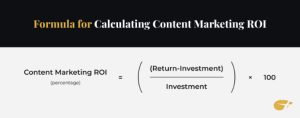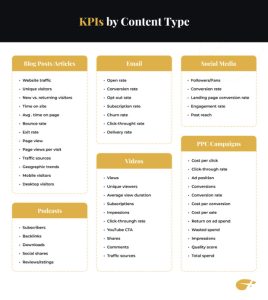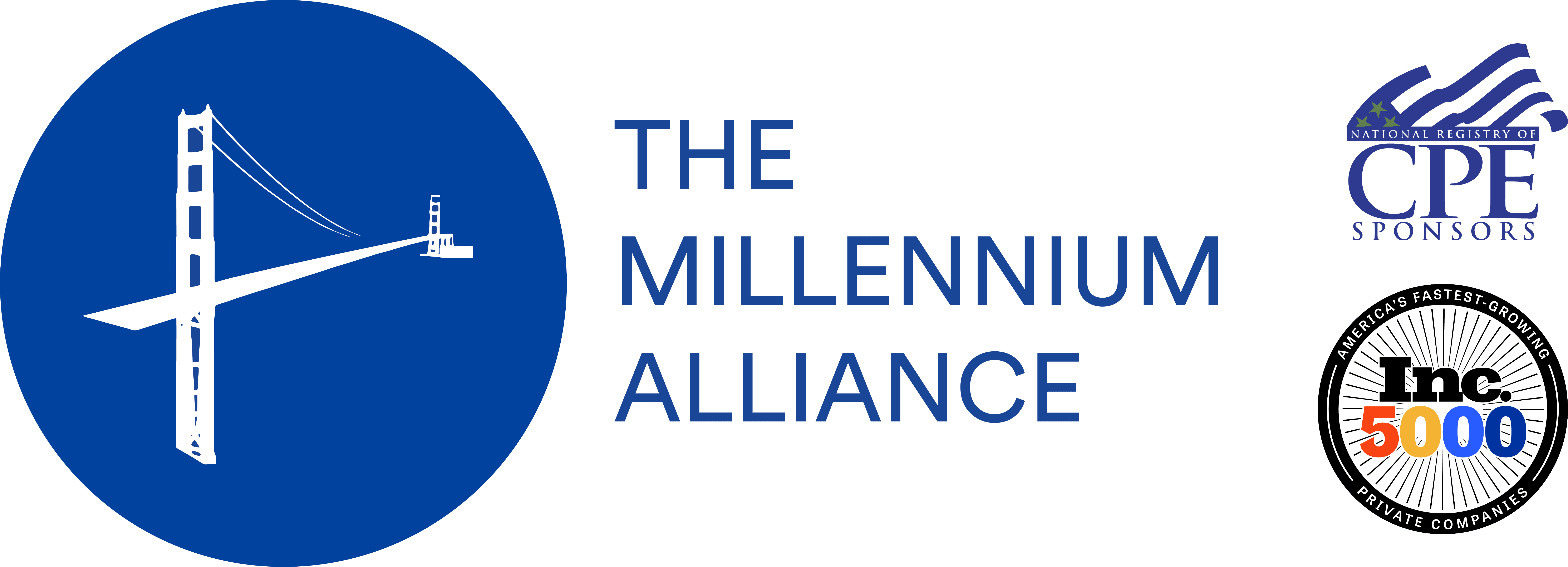Contributed by SeedX
What Is Content Marketing ROI and How to Calculate it?
Content Marketing ROI is a vital metric that essentially measures the efficiency and profitability of your content marketing efforts. It is expressed as a percentage, highlighting the revenue generated from content marketing relative to the costs incurred.
The calculation of content marketing ROI can be distilled into a simple formula:
Content Marketing ROI = (Revenue from Content Marketing − Total Investment in Content Marketing ÷ Total Investment in Content Marketing) × 100

For instance, if your company invests $6,000 per month in content marketing and the revenue attributed to these efforts amounts to $10,000, the ROI would be calculated as ($10,000 − $6,000) ÷ 6,000) × 100 = 66.7%
Resulting in a 66.7% return on your content marketing investment.
Content Marketing Success: KPIs and ROI
Success in content marketing isn’t just about broad metrics like page views or shares; it’s about understanding the direct impact on your business goals. This is where the careful selection and monitoring of Key Performance Indicators (KPIs) come into play, coupled with a clear understanding of ROI in terms of sales, leads, and revenue.
Developing a Customized Scoring System for KPIs
To effectively measure the impact of your content marketing efforts, it’s advisable to develop a customized scoring system for the KPIs that are most relevant to your business objectives. A consistent methodology or content scoring system will allow your team to make qualitative assessments that are comparable across different content initiatives. This can involve assigning a standardized numeric value to each KPI.
Such a system provides a high-level overview of the benefits each piece of content contributes to your business, assisting in making informed decisions about how to prioritize resources for maximum impact.
Here are some KPIs you can measure:

Understanding ROI: Sales, Leads, and Revenue
The cornerstone of content marketing ROI lies in its ability to influence sales, generate leads, and drive revenue. While each marketing team might have a slightly different approach, there are commonalities in the methods used:
- Tracking the customer journey: For businesses where sales data and revenue are the main focus, it’s crucial to track the entire customer journey, from initial engagement to the final purchase in order to calculate content marketing ROI precisely.
- Social media engagement metrics: If brand awareness is a key goal, then metrics like social media engagement are important. These metrics help in gauging how effectively your content is capturing audience interest and building brand visibility.
- Assigning dollar values to micro-conversions: To convincingly demonstrate the ROI of content marketing, especially when reporting to superiors or clients, it’s beneficial to assign dollar values to every micro-conversion. This means quantifying the value of a lead at each stage of the funnel, thereby painting a clearer picture of how content marketing impacts the bottom line.
Choosing Content Marketing Metrics
Selecting the right metrics to track and analyze can be a daunting task, especially in an environment inundated with data. The key to effective selection lies in identifying metrics that align with your key goals and provide actionable insights.
- Scroll Depth – Measure Engagement
Scroll depth is an often underrated yet highly insightful metric. It provides a clear indication of how much of your content is actually being consumed by visitors. By understanding how far down the page your audience is scrolling, you gain insight into their engagement level and the effectiveness of your content in holding their attention.
- Consider Authority
Authority, though challenging to quantify, is an indispensable metric in content marketing. It reflects how your target audience perceives your brand’s credibility and expertise. Indicators of growing authority include an increase in the number and quality of inbound links, mentions of your brand on social media, and coverage in earned media. These factors collectively signal an expansion in your digital footprint and an enhancement in brand awareness.
- Track Keyword Rankings
The importance of monitoring keyword rankings cannot be overstated in content marketing. Utilizing SEO performance tracking tools helps you understand where your pages stand on relevant Search Engine Results Pages (SERPs). However, this metric’s true value is realized when correlated with sales data and conversions. This correlation helps ensure that your SEO efforts are targeting the terms most impactful for your business.
- Monitor Blog Impact
Regular blogging is a cornerstone of many content marketing strategies, but its impact should be quantitatively assessed. Effective blogging should result in improved SERP positions for your domain, correlating with increased rankings for your most important keywords. This, in turn, should drive more qualified traffic to your blog, a sign that your content is resonating with the right audience and contributing to your overall marketing objectives.
Creating Performance Benchmarks
Benchmarks serve as a baseline against which you can measure your progress over time, helping you identify trends, improvements, and areas needing attention. Here are the steps you need to take:
- Pick the right benchmarks: Choose the ones that align with your goals and objectives.
- Assess your current performance: You have to understand your current position before creating goals.
- Assess your industry and competitors: Find reliable industry benchmarks you can use for comparison.
- Set performance benchmarks and create action plans: Once you have gathered the necessary information, create SMART goals and detailed plans showing how you will achieve your goals.
How can SeedX help you build an enterprise content strategy?
SeedX is a full-service digital marketing firm with extensive experience in the B2B and consumer goods industries. They cover all aspects of content marketing — strategy planning, content creation, distribution, and performance tracking — and make sure organizations have everything they need to build successful content strategies.
Visit SeedX to discover how the team can help you improve your content marketing strategy.














